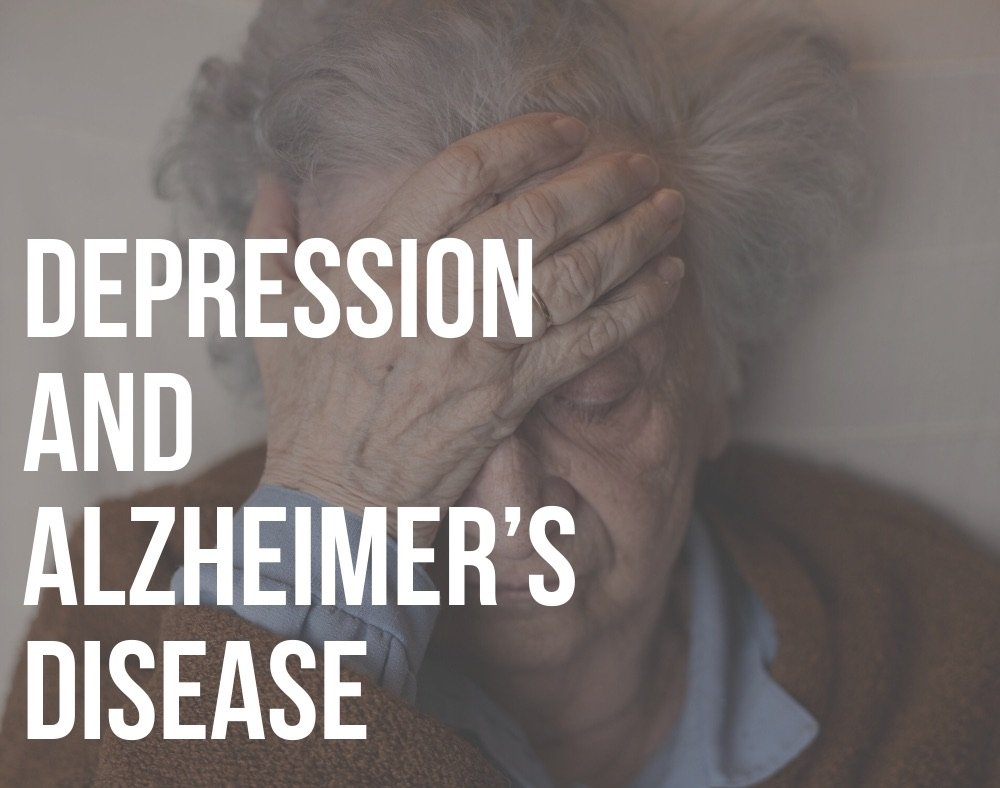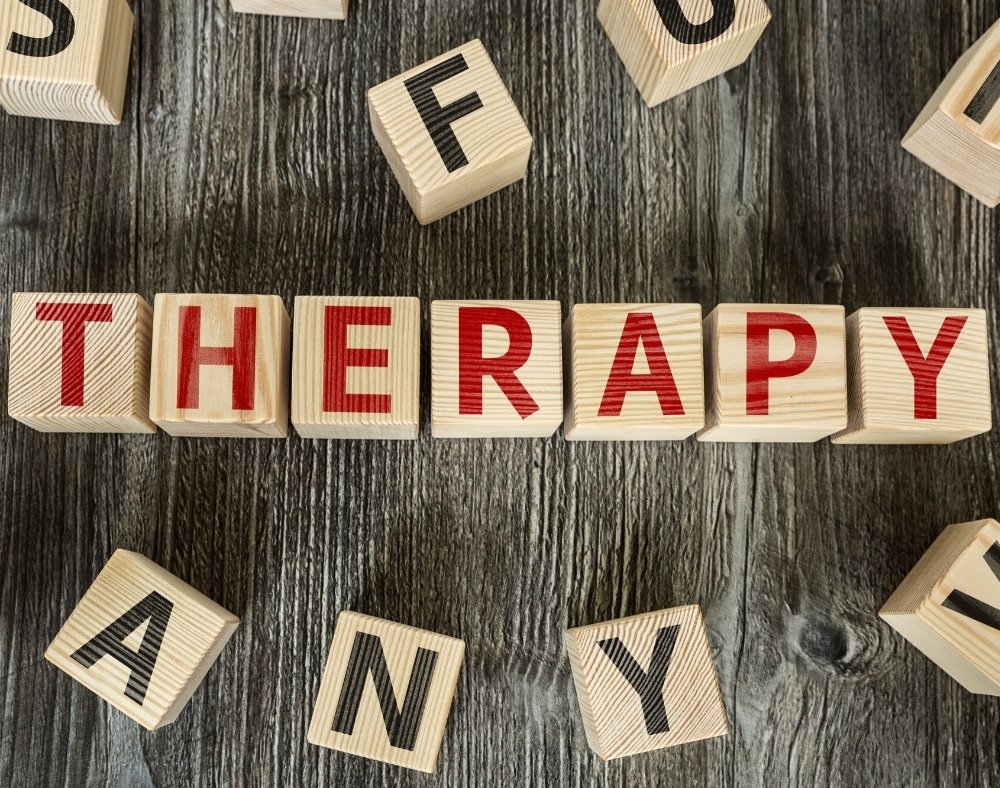What is pseudodementia? Pseudodementia is a mental illness of cognitive decline that has a number of the same symptoms that are found in people with dementia and does resemble dementia.
In this article we delve deeply into the question, what is pseudodementia, looking at the history of the condition, diagnosis and treatment.
Usually, pseudodementia has other underlying causes – with depression being a very common one. The patient’s symptoms must be carefully assessed so that they get the correct diagnosis and treatment.
Interestingly, treating some of the underlying causes can effectively reduce some of the symptoms and with continued support, the person’s condition can greatly improve . So, what are the causes of pseudodementia?
What is Pseudodementia?

When was the term pseudodementia first used?
Leslie Gordon Kiloh was an Australian doctor who was born in London in 1917. He completed his medical training at King’s College, London and after the Second World War he returned to the hospital and worked in the Neurology Department with some of the UK’s most eminent neurologists.
Kiloh wrote a number of influential papers on depression and the classification of depressive illnesses during his time at King’s College .
‘The term pseudo-dementia (PDEM) was coined by Kiloh (1961) to describe the cases, which closely mimicked the picture of dementia’. The National Library of Medicine
The National Library of Medicine continues by explaining that the term –
‘has been used a little loosely for describing the cognitive deficits in depression, especially, which is found in old age’.
What is pseudodementia? – understanding the symptoms
 Pseudodementia can certainly appear very similar to dementia, but importantly, is not caused by neurological degradation. Commonly it has its roots in a mood-related condition such as depression and these conditions can be treated.
Pseudodementia can certainly appear very similar to dementia, but importantly, is not caused by neurological degradation. Commonly it has its roots in a mood-related condition such as depression and these conditions can be treated.
A patient with pseudodementia can have the following symptoms:
- Difficulties with speech and words
- Lapses of memory or memory loss
- Difficulty keeping focused on something
- Difficulty moderating their emotions
- Struggle with being organized and unable to plan
All of the above symptoms are also commonly found in people with dementia which makes it very difficult for a doctor to make an accurate diagnosis.
If a person is presenting with these symptoms, but they are linked to depression, they may well have some of the following symptoms too:
- A loss of interest in their favourite activities and pastimes
- Period of feeling blue that last for a number of weeks each time
- No interest in being sociable and seeing friends
- Have suicidal thoughts
- Suffer from insomnia or hypersomnia (excessively tired during the day and
sleeping many hours at night) - A marked loss of appetite
This medical condition does occur in people as they age. Many doctors believe that depression can also cause cognitive impairment. It is well known that dementia can also cause depression.
As well as depression, there are several other mental conditions that can cause similar symptoms that need careful diagnosis.
What is pseudodementia? – getting a diagnosis
 Not surprisingly, doctors find it incredibly difficult to differentiate between dementia and pseudodementia. As they are often trying to make the diagnosis with an older patient, this can make it even harder. In addition, some doctors feel that the term ‘pseudodementia’ describes the symptoms and is not the correct name for the condition.
Not surprisingly, doctors find it incredibly difficult to differentiate between dementia and pseudodementia. As they are often trying to make the diagnosis with an older patient, this can make it even harder. In addition, some doctors feel that the term ‘pseudodementia’ describes the symptoms and is not the correct name for the condition.
Doctors usually try to rule out all other medical conditions before they consider whether their patient could have pseudodementia. This usually takes time as the doctor wants to discount a number of cognitive impairments first.
To make the diagnosis even more challenging, their patient could have both dementia and depression at the same time. So, a number of tests need to be carried out.
‘Pseudodementia is a term used to describe patients who appear to be demented but are actually severely depressed.
Differences from genuine dementia can be subtle; patients with pseudodementia usually have a pre-existing history of depression with acute onset (often after a specific event), emphasize and appear more distressed about the cognitive deficits, and have preserved attention.
If the diagnosis of depression is suspected, patients should be asked about thoughts of suicidality and their social support structure.
Appropriate consultation and follow-up with a psychiatrist or social worker or hospitalization may be necessary to ensure the patient’s safety’
Source: Sciencedirect.com
Diagnostic tests
The tests that the doctor will want to complete usually include :
- The use of speech and language
- Visual perception
- Problem solving skills and other cognitive tests
- Attention span and difficulties
- Movement and balance
Blood tests are usually carried out to ensure that the patient does not have an underactive thyroid or Vitamin B12 deficiency. Both of these conditions can cause a number of similar symptoms to pseudodementia.
A brain scan is the most important test to have done as the results for dementia or pseudodementia will be very clearly different because of the changes in brain structure and function found in people with dementia.
According to the Healthline website, in people with dementia, there can be 10-50% loss of brain volume.
Interestingly, family members may spot a difference in their loved ones behaviour. People with dementia usually try to hide any memory loss. However, people with pseudodementia may well highlight their difficulties.
Treating pseudodementia
 Once the doctor has made the diagnosis of pseudodementia, they will be keen to start treatment to address the underlying cause which is usually depression.
Once the doctor has made the diagnosis of pseudodementia, they will be keen to start treatment to address the underlying cause which is usually depression.
Depression can be successfully minimised but the treatment must be tailor-made for the individual and usually comprises of both psychotherapy sessions and medication.
A popular type of therapy used is Cognitive Behavioural Therapy (CBT) and the suggested medication may be a course of antidepressants.
Unfortunately, at present there is no cure for dementia, but the symptoms of dementia can be managed for a while.
With cases of pseudodementia, treatment of the underlying depression, often results in a significant improvement in the patient’s condition if not a total reversal in their symptoms.
‘Across multiple studies, between 10%- 90% of people who were at one time diagnosed with pseudodementia were later found to have irreversible or neurodegenerative forms of dementia’. Healthline .com
If you enjoyed reading our blog on ‘What is Pseudodementia’ then you may also find value in our other article that gives an overview of pseudodementia.

![What is Pseudodementia? [Diagnosis, Treatment] What is Pseudodementia? [Diagnosis, Treatment]](https://readementia.com/wp-content/uploads/2023/09/What-is-pseudodementia.jpg)
















